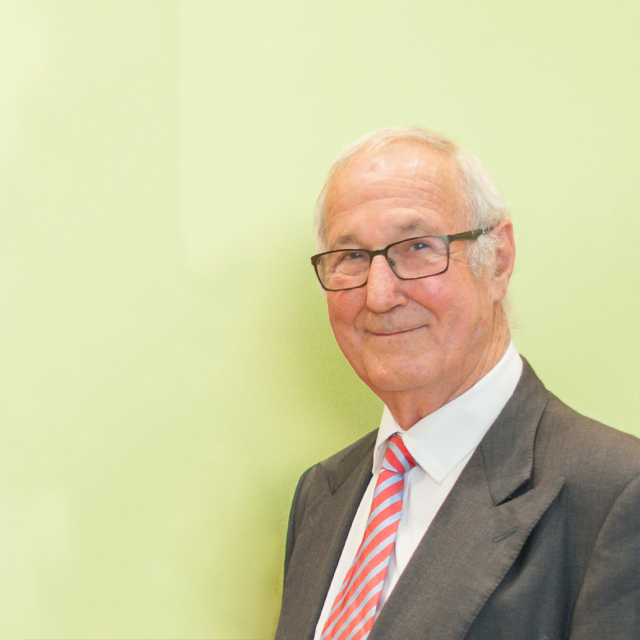Abstract
The human brain is perhaps the most fantastic machine in the universe. It has billions of neurons, and each neuron interconnects with hundreds of other neurons via thousands of synapses. This staggering number of connections is one reason for the complexity of brain processing. Another is the precision of wiring between neurons in order to make circuits and networks. Networks are the engine of the brain, for they transform simple inputs to make complex outputs. Understanding how the brain is wired is key to understanding how it works. Research in our laboratory demonstrates that specificity and plasticity are both fundamental requirements for brain wiring. The underlying mechanisms provide critical clues for repairing the brain after damage or disease.
Speaker
Professor Mriganka Sur studies the organisation, development and plasticity of the cerebral cortex of the brain using experimental and theoretical approaches. He discovered fundamental principles by which networks of the cerebral cortex are wired during development and change dynamically during learning. His laboratory has identified gene networks underlying cortical plasticity, and pioneered high resolution imaging methods to study cells, synapses and circuits of the intact brain. Recently, his group has demonstrated novel mechanisms underlying disorders of brain development, and proposed innovative strategies for treating such disorders.
Professor Sur received the B.Tech. degree in Electrical Engineering from the Indian Institute of Technology, Kanpur, in 1974 and the Ph.D. degree in Electrical Engineering from Vanderbilt University, Nashville, in 1978. He has received numerous awards and honours, including the Charles Judson Herrick Award of the American Association of Anatomists, the A.P. Sloan Fellowship, the McKnight Development Award, the Hans-Lukas Teuber Scholar Award, the Distinguished Alumnus Award of the Indian Institute of Technology, Kanpur, the Sigma Xi Lectureship, and the Foundation Day Medal of the National Brain Research Center, India.
At MIT, he has received awards for outstanding teaching and been recognized with the Sherman Fairchild and Newton Chairs. He has been elected Fellow of the Royal Society of the UK, and a member of the Institute of Medicine of the National Academies, the American Academy of Arts and Sciences, the American Association for the Advancement of Science, the Neuroscience Research Program, the National Academy of Sciences, India, the Rodin Academy, Sweden, and the Third World Academy of Sciences.
About The Merson Lecture
 The annual lecture is named in honour of Dr David Merson, who supported the series in order to promulgate the best neuroscience research and what it has to offer the community in the future. It is given by a prominent, internationally leading neuroscientist whose research is of relevance to laboratories at QBI.
The annual lecture is named in honour of Dr David Merson, who supported the series in order to promulgate the best neuroscience research and what it has to offer the community in the future. It is given by a prominent, internationally leading neuroscientist whose research is of relevance to laboratories at QBI.
Dr Merson is the founder and ex-CEO of Mincom Limited. Since retiring, he has become director of a range of organisations and charitable institutions. He is a member of QBI’s Advisory Board and was the inaugural Chair of the QBI Development Board. His philanthropic sponsorship of this lecture is indicative of a strong community interest in neuroscience and the inspiring research that is being done in the area of neurological and mental diseases.
